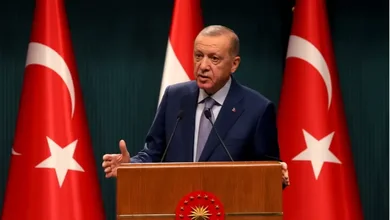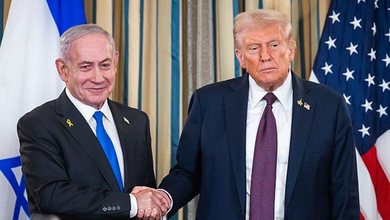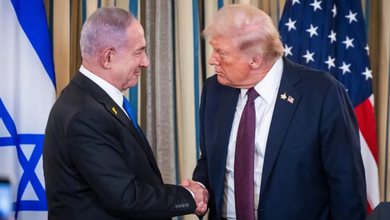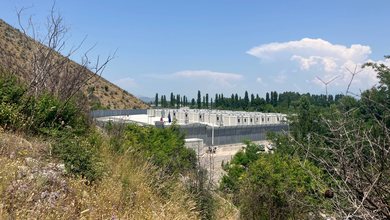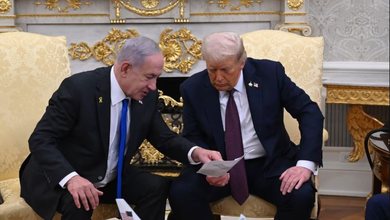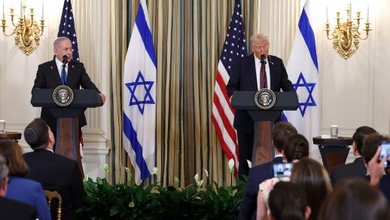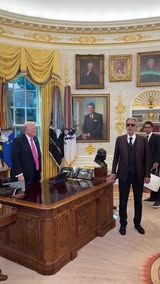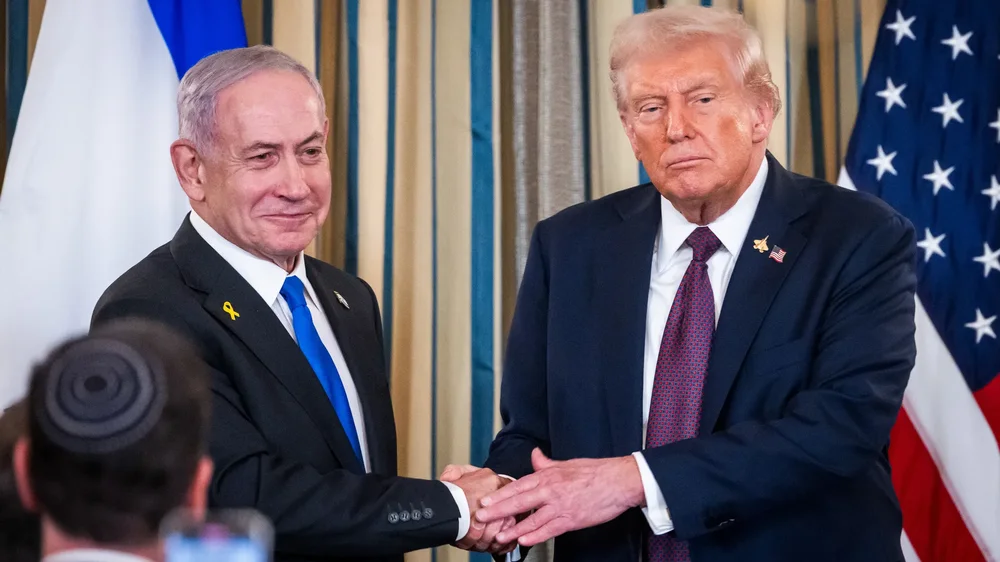
US President Donald Trump's plan to end the war in Gaza and rebuild the devastated territory is gaining momentum internationally. Support comes mainly from Trump himself, but also from a number of Arab and Islamic countries, including Jordan, Egypt, Qatar, Saudi Arabia, the United Arab Emirates, Pakistan, Indonesia and Turkey. Israeli Prime Minister Benjamin Netanyahu has also publicly supported the plan, although it mentions a path to Palestinian statehood, an idea he has consistently opposed.
President Trump has set a clear deadline: Hamas has "3 to 4 days" to accept or reject the deal. If the answer is negative, the war will continue.
Ironically, Trump's proposed plan closely resembles a previous initiative by President Joe Biden, which was not implemented due to opposition from the Israeli government, the BBC analyzes. Israeli media reported at the time that Netanyahu changed the terms of the agreement due to pressure from right-wing extremists in his cabinet.
However, this plan represents an important moment: for the first time, Donald Trump is directly putting pressure on Israel to stop the war. After the strong clash he had with the President of Ukraine, Volodymyr Zelensky, no one wants to be in the wrong place with Trump.
Before leaving Washington, Netanyahu released a video for the Israeli public in which he stated that he did not recognize any Palestinian state and that Israel would "strongly oppose" such an idea. He said that he had also discussed this with Trump himself, who, according to him, is of the same mind.
Trump’s proposed document is vague in detail, but it suggests that after reforming the Palestinian Authority and meeting certain conditions, “the conditions may have been created for a credible path to Palestinian self-determination and statehood, as a legitimate aspiration of the Palestinian people.”
This is precisely the part that has provoked strong reactions in Tel Aviv. Right-wing extremists in Netanyahu’s ruling coalition have called the plan “a dangerous capitulation.” Finance Minister and settler leader Bezalel Smotrich compared it to the 1938 Munich Agreement – where the Great Powers forced Czechoslovakia to hand over territory to Nazi Germany.
Meanwhile, the plan clearly stipulates that no Palestinians will be expelled from Gaza, a point that contradicts the previous idea of the so-called “Trump Riviera,” an absurd project that envisaged the relocation of the entire Palestinian population and the construction of a luxurious city for Jews.
Despite the controversy, the current document has also received support from the Israeli opposition, as well as from several Western countries, including the United Kingdom.
Foreign ministers of Arab and Islamic countries have welcomed the plan, stressing that it offers a “path to a just peace based on a two-state solution,” where Gaza is integrated with the West Bank to form a Palestinian state in accordance with international law, a statement that could be interpreted as a reference to the International Court of Justice’s ruling on the illegality of the Israeli occupation.
In the end, one plan, two very different interpretations. For Netanyahu, the agreement is a step towards victory against Hamas. For Arab countries, it is a step towards Palestinian statehood.
This ambiguity, the lack of details and the many possibilities for blockages in the process, make the path to peace still uncertain.




